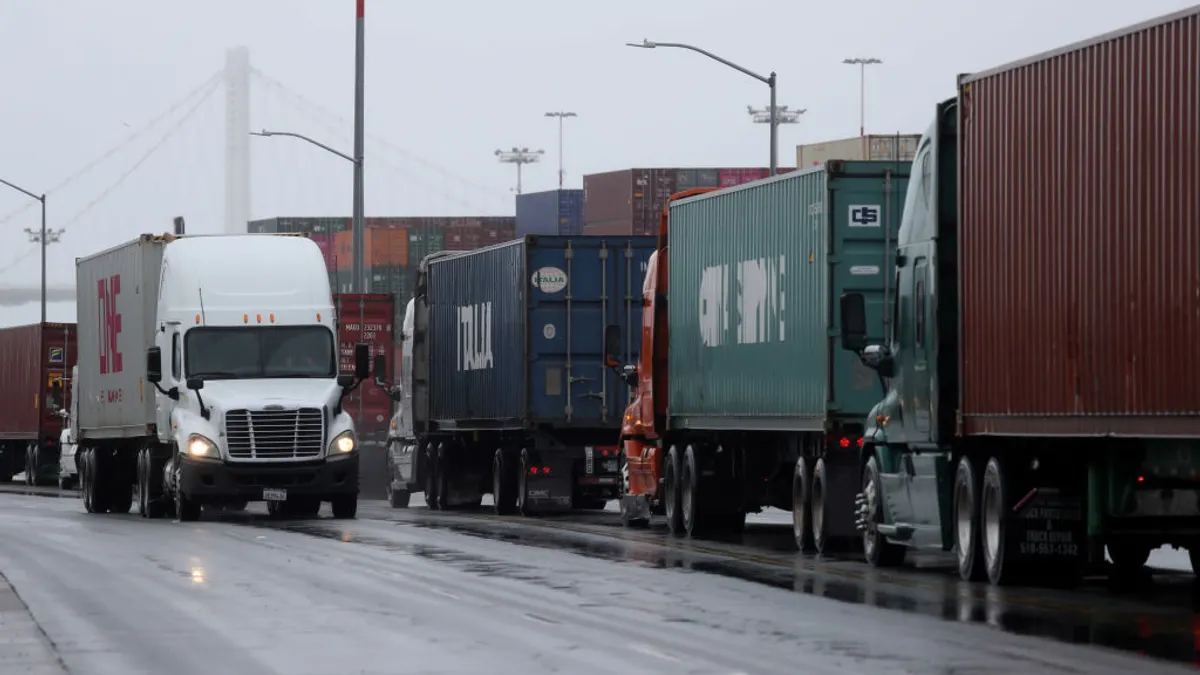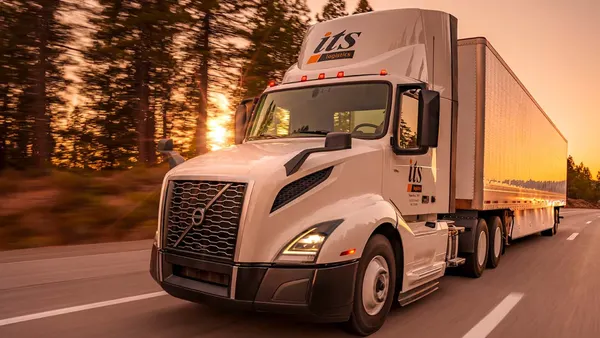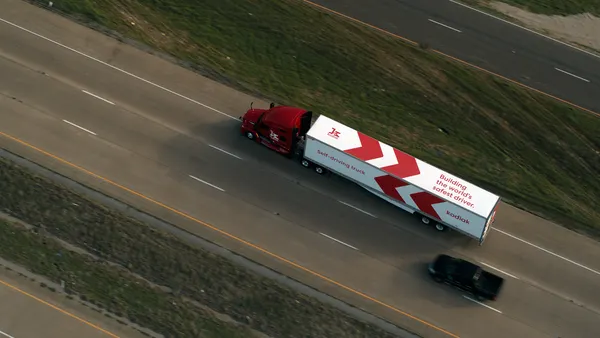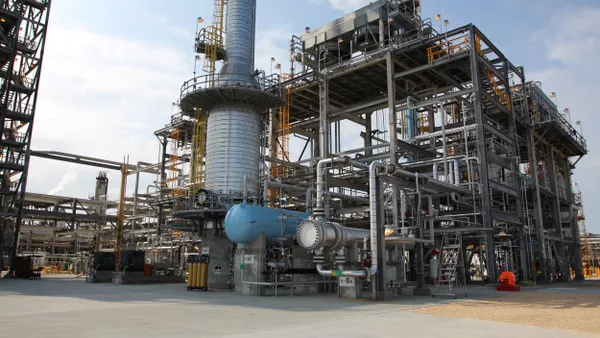Dive Brief:
- As the trucking industry faces a shortage of diesel service technicians, a new American Transportation Research Institute report found that more than 30% of training program graduates were underqualified in 20 core skill areas, according to an Aug. 5 press release.
- The report — which includes findings from techs, diesel shops and training programs — said that nearly 62% enter the field without any training, requiring an average of 357 training hours and $8,211 in trainee wages to prepare them for the job.
- Additional training hours can be beneficial for improving some of the core skill areas, but not all, ATRI data shows, suggesting the need for curriculum reform.
Dive Insight:
Drivers are not the only piece of the trucking industry’s labor puzzle. ATRI’s research found that 65.5% of diesel shops are understaffed in 2025, posing an issue for the industry's safety and efficiency.
“With a lack of qualified techs and stiff competition from other industries, tech employment in the trucking industry is not keeping up with demand, especially when it comes to retaining entry-level technicians just entering the workforce,” said Robert Braswell, executive director of the American Trucking Associations’ Technology & Maintenance Council, in the release.
Around 70% of first-time techs were underqualified in core areas. These include hydraulics, basic inspection, diesel engine blocks, cylinder heads, valve trains, as well as customer service skills and communication.
ATRI identified four of the top barriers that diesel techs face at the start of their careers:
- High cost of acquiring their own tools (29%)
- Lack of prior technical knowledge (28%)
- Insufficient pay (16%)
- Poor shop mentorship (10.8%)
Even when shops provide some specialty tools, most techs are expected to supply their own basic set of tools that can cost as much as $10,000, the ATRI report said. That’s a tall order when shops offer a mean starting pay rate of $23 an hour.
Similarly, the ATRI report found that pay was the top motivator for techs to consider other jobs, with a 30% difference in satisfaction rating between techs who were not seeking another job and those who were. About 44% of techs surveyed were considering alternative employment.
ATRI reports that techs are considering careers in other industries, including automotive, agriculture, bus or passenger transit, and construction. However, the organization said that by emphasizing better hours, safer and cleaner shops, the trucking industry can attract techs whose priorities are suited for the field.











